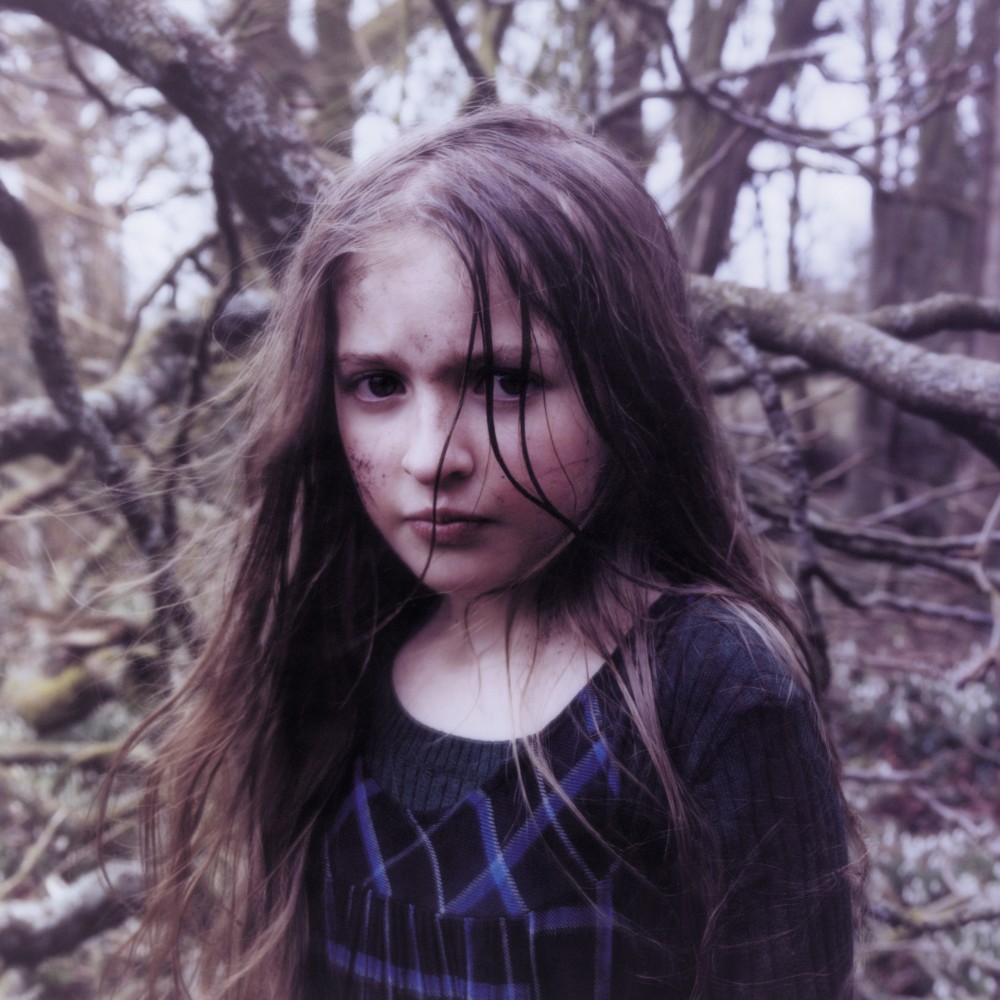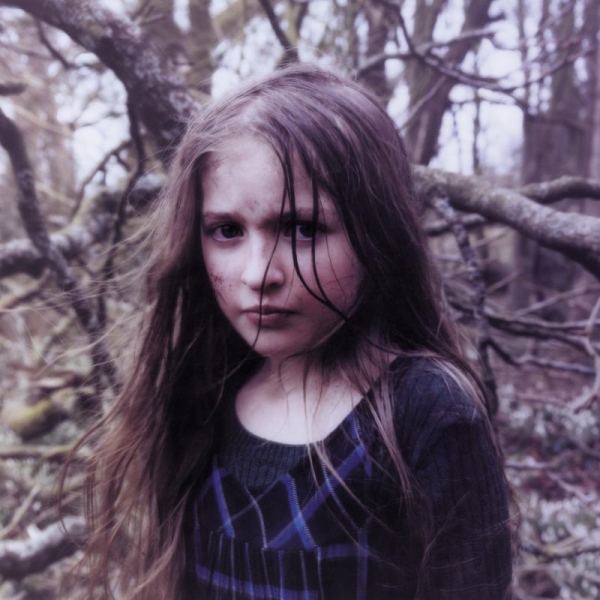Unambiguously unashamed, hook-riddled pop music and the simple, immediate pleasures that come with it are exactly what the doctor ordered at times. Listening to Scott Walker warbling about punching a donkey on the streets of Galway is all well and good, but there are some times where you need six strings and some oversized melodies to cleanse the sonic palette. Like a fine of lemon sorbet, Scottish fuzz pop duoHoneyblood strip away everything else in your purview with their infectious brand of sharp, yet sweet garage rock. Babes Never Die, the group’s second LP and the first since losing Shona McVicar on the sticks, is an electrifying, if not entirely consistent, collection of fuzzy power pop numbers that gets the heart racing and the head banging.
The duo is at their strongest when they’re lean, mean and vicious and the first half of Babes is undeniable evidence of this fact. Opening and closing with superfluous bookends, the album takes a moment to settle into its natural rhythms, but once it does, lord knows, it grabs you by the scruff of the neck and drags you along for the incredibly fun ride. It’s a four to the floor onslaught of distorted 90s alternative rock but with the kind of choruses that fill stadiums. The title track and ‘Ready for the Magic’ are Japandroids-evoking nuggets of noise that fire off like revolver pointed at the sun, while ‘Sister Wolf’ has the same manic energy of Call The Doctor-era Sleater-Kinney. But one of the real standouts here is ‘Sea Hearts’; it’s a concise mission statement for the band showcasing what they intend to do and making a convincing argument that there are few who could do it as well as them. The distortion which covers the entire mix, the adolescent sneering chorus and its “just a little heartbreak” yelps, the unabashed pop hook at its core, this is everything that is exhilarating about Honeyblood in a neat, readily consumable package.
However, when the album stretches out its legs and tries to slow down, the strain begins to show. ‘Justin, Misery Queen’, which is probably the weakest cut and also the longest, just feels languid and laboured. There is a playful synthesizer running throughout that should lend the song this Ric Ocasek vibe, but instead is irksome. Add to this the MayKay vocals and you end up with a piece that feels not unlike a Fight Like Apes B-side. ‘Walking At Midnight’ and ‘Love Is A Disease’ both suffer from a similar issue with their length. They yearn to be trimmed, only slightly, so that their hits could be that little bit more effective. This is particularly unfortunate in the case of ‘Midnight’ as that song’s chorus is one of the highlights of the album. It’s this stratospheric crescendo that’s tailor made for gigantic venues and rousing pub fuelled singalongs, and to have the impact dampened in any way is a shame. While in most cases, when the group cools their jets it doesn’t work out as well as it should, there is one moment where it unquestionably works: ‘Cruel Kids’. This is the real climax of the record. Sure, there are two more songs following it, but this is the true zenith. It’s a pared back, gentle song that slowly swells to a grandiose conclusion, yet never loses sight of the emotion at its core. It’s exactly where the record should finish off. It’s the right punctuation mark and neatly underlines what the whole experience is: a noisy voyage through heartbreak, aggression and unambiguously unashamed hook-driven pop-rock goodness. Will Murphy





